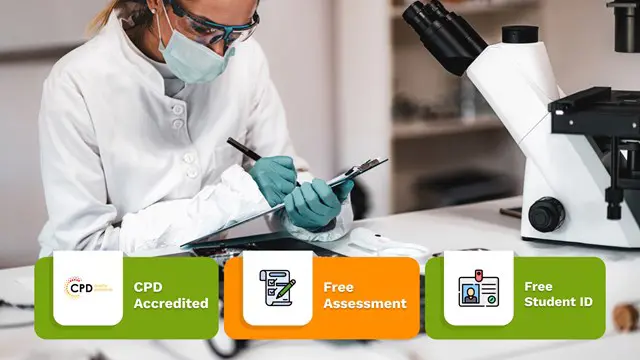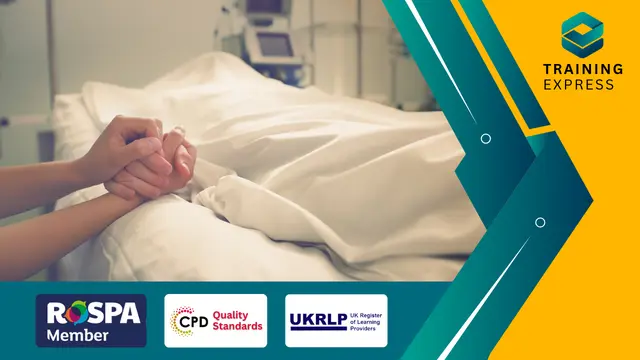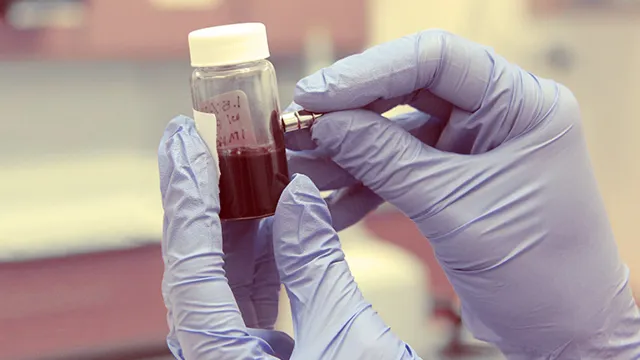Forensic Scientist Masterclass
Academy for Health & Fitness
Winter Sale: Level 3! | CPDQS Accredited | Free ID Card & Assessment Included | Tutor Support | 11 Video Lessons
- 47 students
- Online
- 7 hours · Self-paced
- 10 CPD points
- Tutor support
Great service
...of Forensic Science Crime Lab Services Biological Forensic Science Services Physical Forensic Science Services The Coroner and The Medical Examiner Duties of The Coroner or Medical Examiner The Forensic Scientist In The Courtroom Module 2: Crime Scene Investigation Processing the Crime
…






